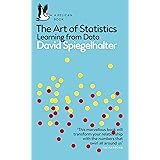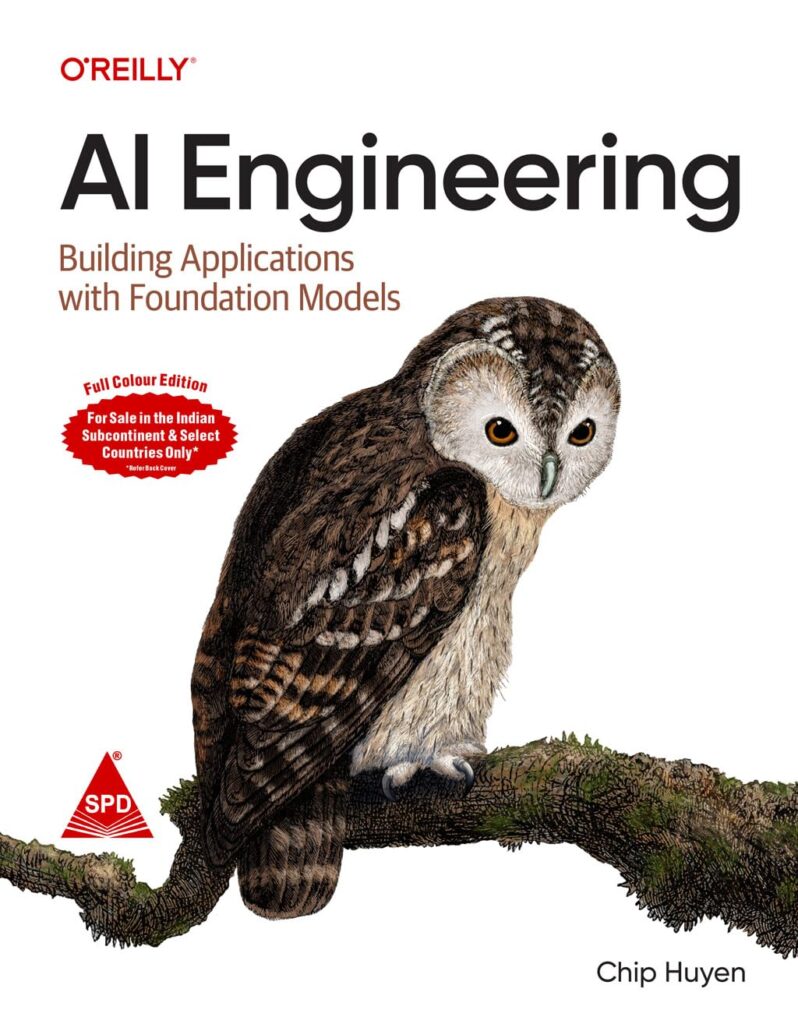Top 10 online data science programs
Top 10 online data science programs, Are you trying to find the best data science courses available online?
If so, you are in the proper location. The Top Online Data Science Programs are listed in this article.
There are many programs available to help you develop your data science skills. However, I have filtered these shows using the following standards:
Criteria-
- Review of these programs.
- Topics are covered.
- Interesting lectures and an engaging teacher.
- How many students benefited?
- Positive comments from a variety of forums and aggregators.
So let’s go to selecting the Best Data Science Programs without spending any more time. You can find some of the top free data science programs at the conclusion of this post.
1. Become a Data Scientist– Udacity
Udacity offers a Nano-Degree program in this area. This curriculum is on a higher level. You will learn how to use Python programming, software engineering, and data engineering abilities to tackle data science problems in this program.
Compared to other courses, the Udacity Data Science Nanodegree program is more useful. This Nanodegree program’s content is cutting-edge and current, with Real-World issues developed by the top experts in the field.
The following 4 projects will be your focus during the Nanaodegree program.
- Write a Data Science Blog Post
- Build Disaster Response Pipelines with Figure Eight
- Design a Recommendation Engine with IBM
- Data Science Capstone Project
Additional advantages:
You will have the ability to collaborate with business experts on real-world initiatives.
You will receive project reviewer input from professionals.
You will also receive technical mentoring assistance.
Best Data Science YouTube Tutorials Free to Learn – Data Science Tutorials
Who Has to Register?
Those who intend to pursue a profession in data science and are familiar with the following ideas—
- Python programming, including standard libraries for data analysis (NumPy, pandas, Matplotlib).
- SQL scripting
- Statistics (Descriptive and Inferential)
- Calculus
- Linear Algebra
- knowledge of manipulating and displaying data
2. Data Science Specialization– Coursera
This course series also has some of the highest ratings and enrollment rates. There is a separate part on statistics in this series of courses.
Additionally, statistics expertise is a requirement for data science.
The theory and applications in this Data Science specialty program provide the ideal balance. All tasks involving data science are carried out using the R programming language.
It consists of ten courses.
Skills Gain-
- Data Science
- Machine Learning
- R Programming
- Rstudio
- Github
- Regression Analysis
- Data Analysis
- Data Manipulation
- Data Cleansing
- Cluster Analysis
- Debugging
- Regular Expression (REGEX)
- Hands-on project using R Programming Language.
Additional Benefits-
After finishing the Data Science Specialty Program, you will receive a Shareable Certificate.
You will also receive graded programming assignments, practice quizzes, graded assignments with peer feedback, graded quizzes with feedback, and course videos and readings.
Who Has to Register?
Those who are just learning a programming language at the beginning level.
if you wish to become an expert in data science.
3. Data Scientist with Python– Datacamp
With 29 courses, this career path is available. This is the ideal option for you if you’re seeking a course that will provide you with all the information you need to know about data science in one location.
Python programming is the first step in this career path. Python will be taught to you from scratch.
Python will teach you how to manipulate data using pandas, visualize data with matplotlib and Seaborn, think statistically in Python, do machine learning, and much more.
You will tackle issues from the actual world throughout these courses.
Best Books to Learn R Programming – Data Science Tutorials
Who Has to Register?
those who are just getting started with data science and are searching for a step-by-step professional path in the field.
4. Programming for Data Science with Python– Udacity
Udacity offers a Nanodegree program in this area. You will learn how to represent and store data using Python data types and variables in this Nanodegree program.
To manage the progression of your programs, you will also employ conditionals and loops.
You can store groups of related data using intricate data structures like lists, sets, dictionaries, and tuples. Additionally, you will learn how to use Numpy and Pandas, two strong Python packages.
Additional advantages:
You’ll get the ability to collaborate with business experts on real-world initiatives.
You will receive project reviewer input from professionals.
You will receive assistance from a technical mentor.
Who Has to Register?
Anyone with a basic understanding of computers can enroll in this class.
5. Applied Data Science with Python Specialization– Coursera
Python is a computer language used in this specialized degree to teach data science.
Data research Python libraries including matplotlib, pandas, nltk, scikit-learn, and network will be thoroughly introduced to you.
The statistics required for various machine learning algorithms and data science are not covered in this course series. It emphasizes using these algorithms in Python.
Consider Statistics with Python Specialization if you wish to first learn statistics. You will master highly critical statistical abilities that are needed for data science in Statistics with Python Specialization.
Artificial Intelligence Examples-Quick View – Data Science Tutorials
Skills Gain-
- Text Mining
- Python Programming
- Data Cleansing
- Data Virtualization
- Data Visualization (DataViz)
- Machine Learning (ML) Algorithms
- Natural Language Toolkit (NLTK)
Courses include-
Five courses make up this Specialization Program:
Python for Data Science: An Introduction Python for Plotting, Charting, and Data Representation Python for Machine Learning Python for Text Mining Python for Social Network Analysis Additional Benefits-
A Shareable Certificate will be yours.
You will also receive graded programming assignments, practice quizzes, graded assignments with peer feedback, graded quizzes with feedback, and course videos and readings.
Who Has to Register?
Beginners should not attempt this software. You can enroll in this program if you have intermediate data science knowledge.
the one who is proficient in programming or basic Python.
6. IBM Data Science Professional Certificate– Coursera
One of the most popular and well-regarded course series is this one. Anyone interested in beginning a career in data science should obtain this professional certificate from IBM.
There are nine courses in this curriculum. These nine courses will cover every aspect of data science, including open source software, techniques, databases, Python, SQL, data visualization, data analysis, and machine learning.
There is no prerequisite education in computer science or programming needed to begin the IBM Professional Certificate program.
Best Books on Data Science with Python – Data Science Tutorials
Let’s look at the talents you will acquire after finishing this course:
There are nine courses in this specialization program.
- Describe data science.
- Data science tools
- Data Science Techniques
- Python for AI and Data Science
- SQL and Databases in Data Science
- Python Data Analysis
- Python data visualisation
- Python machine learning
- Capstone for Applied Data Science
Extra Advantages
Coursera will provide you with a Professional Certificate.
IBM will give you a Digital Badge.
You will receive FREE career materials after earning the Professional Certificate.
Who Has to Register?
those who are novices in data science and have no prior experience.
the person who desires to shift their current career or start a new one.
7. Programming for Data Science with R– Udacity
Udacity offers a Nanodegree program in this area. You will learn the fundamentals of programming needed for data science in this curriculum.
You will learn the essentials of SQL, including Joins, Aggregations, and Subqueries, as well as how to use SQL to solve challenging business challenges.
Best Books to learn Tensorflow – Data Science Tutorials
Next, you’ll discover how to use R data types and variables to represent and store data, as well as how to create stunning visualizations with the ggplot2 package.
Additionally, you’ll learn how to collaborate with others in the data science field and use version control.
Additional benefits include the opportunity to work on real-world projects with industry experts and receive project comments from reviewers with extensive experience.
Additionally, you will receive career services and technical mentor support.
Who Has to Register?
those just starting out in data science. This Nanodegree program has no requirements.
8. Advanced Statistics for Data Science Specialization-Coursera
This data science specialty program is at the advanced level. You will learn advanced statistical principles in this class, as well as the inner workings of important data science modeling techniques including least squares and linear regression.
You will gain a solid foundation in the handling of regression modeling using linear algebra in this course, which will considerably improve applied data scientists’ general comprehension of regression models.
This Specialization has four courses.
Mathematical Biostatistics Boot Camp 1 details
Least Squares: Advanced Linear Models for Data Science in Mathematical Biostatistics
Statistical Linear Models: Advanced Linear Models for Data Science
Extra Benefits-
Shareable Specialization and Course Certificates are yours to keep.
You will also receive graded programming assignments, practice quizzes, graded assignments with peer feedback, graded quizzes with feedback, and course videos and readings.
Who Has to Register?
Those who have previously had exposure to linear algebra and elementary calculus.
9. The Data Science Course 2022: Complete Data Science Bootcamp– Udemy
The best course on Udemy, in my opinion, is this one.
Why? Because this course aims to cover nearly all essential data science subjects.
The following subjects are covered in this course: Python, Tableau, machine learning, deep learning, statistics, and the mathematics needed for data science.
Best Books to Learn Statistics for Data Science (datasciencetut.com)
Additional Benefits: A Certificate of Completion will be given to you.
You will also get unlimited access to the course materials.
Who Has to Register?
those just starting out in data science.
Data Analysis with R | Coursera
With the aid of R, this specialized program will provide you with a comprehensive statistical understanding.
You will learn a lot of things in this training, including how to analyze and visualize data in R, how to produce repeatable data analysis reports and much more.
For statistical operations, R is far superior to Python. So I would suggest this specialized program if you want to learn statistics.
You will acquire the following skills in this specialty program: exploratory data analysis, statistical hypothesis testing, regression analysis, bayesian linear regression, bayesian inference, and model selection.
You will also learn R programming, statistics, and Rstudio.
Five courses make up this program of specialization. Let’s look at the courses’ specifics:
Courses Contain.
- Introduction to Data and Probability with R.
- statistical inference.
- Modeling and linear regression.
- Statistical Bayes.
- R Capstone statistics.
Extra Advantages.
Upon completion, you will receive a Shareable Certificate as well as Course Certificates.
You will also receive graded programming assignments, practice quizzes, graded assignments with peer feedback, graded quizzes with feedback, and course videos and readings.
Who Has to Register?
Those who are proficient in mathematics. For this course, prior programming experience is not necessary.
Best Books About Data Analytics – Data Science Tutorials
Conclusion
I made an effort to cover the top 10 online data science programs in this article. Please feel free to leave me a question or a doubt in the comment section.
Course Archives – Data Science Tutorials




